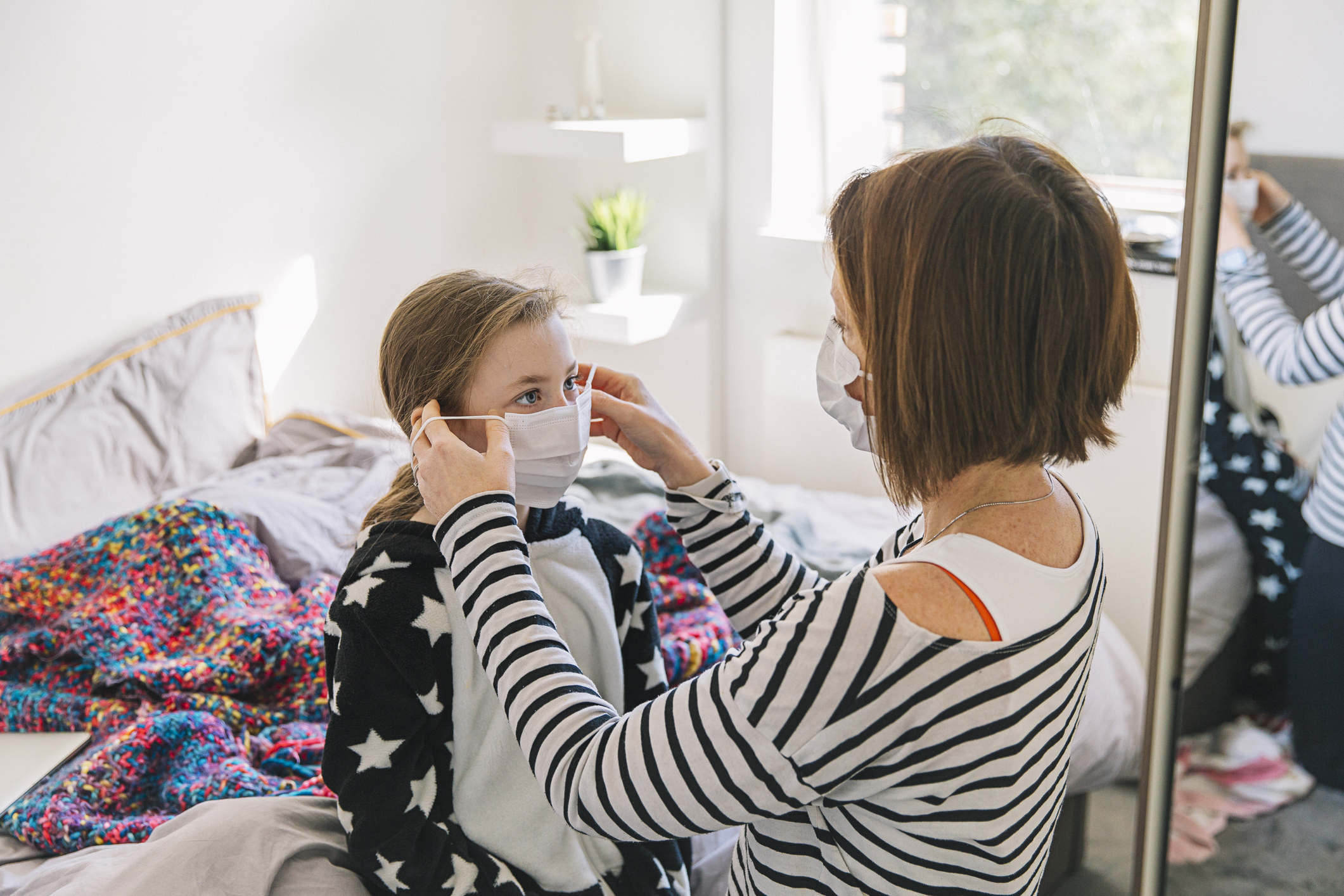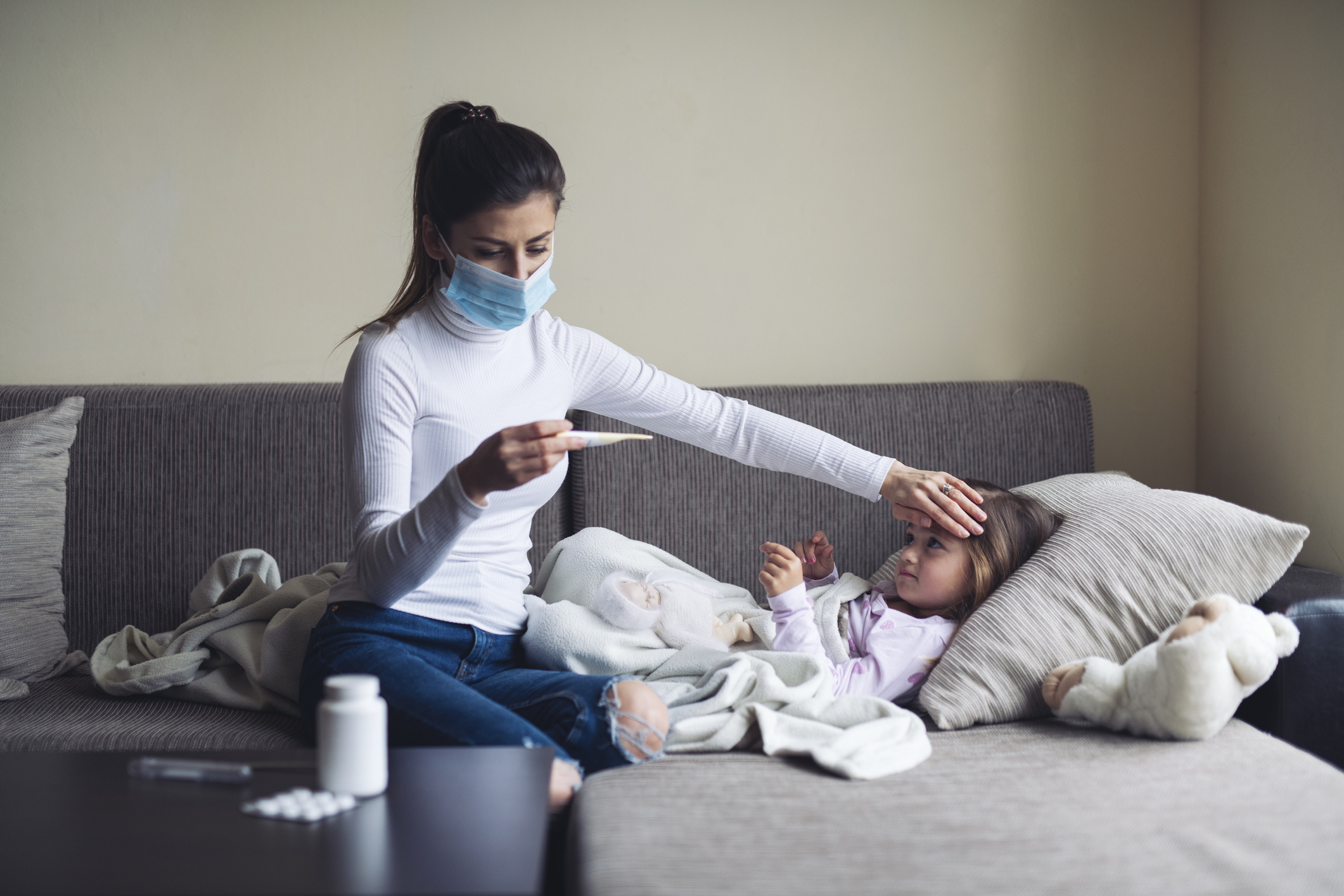What is Kawasaki disease - and how is it linked to Covid-19?
It's hit the headlines recently...

Kawasaki disease has hit the headlines recently, due to its reported link to the COVID-19 pandemic.
A few weeks into the coronavirus outbreak in the UK, mentions began to be made by parents and medical professionals alike, of Kawasaki disease.
In fact, there were various reports surfacing that children had been suffering with it as a result of the widespread virus, in some capacity. So what actually is it, and how does it actually relate to Covid-19? Is there a medical link?
What is Kawasaki disease?
Kawasaki disease has been around long before coronavirus. It's thought that around 8 in every 100,000 children will develop the disease in the UK each year.
The NHS states that it is also known as 'mucocutaneous lymph node syndrome', and mainly affects children aged five and under. However, it can in rare cases affect older children.
Symptoms of kawasaki disease include:
- a high temperature lasting for five days or more
- a rash
- red fingers, toes and eyes
- dry cracked lips
- swollen glands in the neck - often on one side
It's not known what causes kawasaki disease, but it always needs urgent treatment - normally in hospital - so contact your GP or call 111 immediately if you notice any of the above symptoms in your child.
Quick treatment is vital when it comes to this disease, as faster help can help speed up the recovery time and reduce the risk of complications. Complications with regards to the disease can be serious.
GoodtoKnow Newsletter
Parenting advice, hot topics, best buys and family finance tips delivered straight to your inbox.
It can lead to complication with children's hearts - around 25% of children who get the disease will experience this. Because of this, kawasaki disease is actually the leading cause of acquired heart disease in children in the UK.
MORE: When will schools reopen in the UK? This is the plan from the Prime Minister
It is a very serious disease, that can even lead to death if not treated, and promptly. But it is a disease that is often misunderstood, or little known about, even within the medical community. Societi, the UK Kawasaki Disease Foundation, have said, "We know Kawasaki Disease is similar to LOTS of other illnesses.
"Doctors fail to spot it often because they see just a few symptoms and make a diagnosis of something that’s much more common – or something they are more familiar with. Societi research showed parents on average have to battle through 2 or 3 wrong diagnosis before their child is correctly diagnosed with Kawasaki Disease."
How is kawasaki disease linked to coronavirus?
The disease's public profile has been raised hugely in recent weeks due to a surge of cases that have been linked to Covid-19.
Recently, NHS England reported a small increase in critical cases of children suffering with Kawasaki disease. And of these cases, some had also tested positive for coronavirus.
Of course, the link has sparked questions about whether Covid-19 may have caused the disease, or may have occurred as a result of it. And as such, NHS England and Public Health England have said that they urgently investigating the reported links between the two. But as yet, no link either way has been confirmed or fully explained.
Societi explain that there is a currently a paediatric inflammatory multisystem syndrome, temporally related to Sars-CoV-2.

They explain that some doctors believe this may occur as a delayed immune reaction to COVID-19.
However, they go on to say that while the symptoms present similarly to Kawasaki disease, the two do have distinct differences.
"The presenting signs and symptoms are sometimes like those of bad cases of Kawasaki Disease, and sometimes like other severe diseases (e.g. Toxic Shock Syndrome). In fact, PIMS-TS is distinct from Kawasaki Disease, particularly in relation to treatment and frequency and severity of coronary artery complications. Since it is occurring at a time when Covid-19 is around, doctors are investigating all cases in the UK to understand more about why this might be."
MORE: What is a social bubble? The lockdown-easing measure we're all discussing
Experts have also noted that this kind of confusion has happened before during a global pandemic. Professor Robert Tulloh, chair and founding member of the Scientific Advisory Board for Societi, wrote for The Telegraph, "It is important to note that during the last Sars epidemic, the same links to new cases of Kawasaki disease were reported, but have since been disproven."
Of the link between coronavirus and Kawasaki, he also said that children who have had Kawasaki in the past are no more likely to suffer with Covid-19 to a greater extent.
"Based upon the limited information made available so far, colleagues working in the field have seen no evidence of any increased incidence or greater susceptibility to Covid-19 infection for children who had Kawasaki disease in the past," he explained.
Amy is Senior Digital Writer across Woman & Home, GoodTo and Woman, writing about everything from celebrity news to health, fashion and beauty features. When she isn't obsessing over the latest dress drop from Marks & Spencer, you'll most likely find Amy out running, or with a cup of tea in hand ready to dive into a gripping new Netflix series.